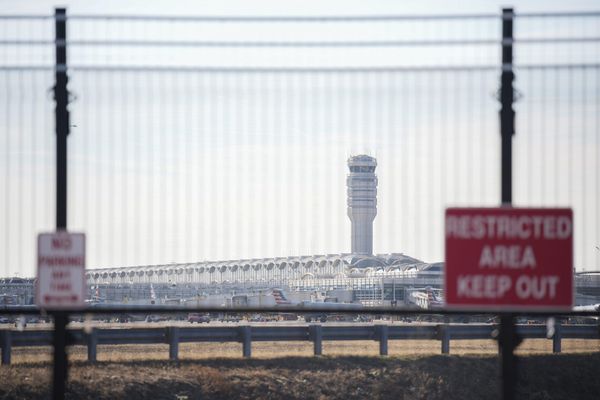
Thousands of people have held sponsored passes to Parliament House — the kind issued to lobbyists — in recent years but the public isn’t entitled to know which MPs signed off on them.
The orange passes allow holders to roam the building freely and visit politicians’ offices unannounced. The politician who signed off on the most passes in this Parliament has sponsored 55 of them. The parliamentarian’s identity is a secret, and it isn’t even known if they are an MP or a senator.
Sixteen crossbenchers have signed off on a push by independent ACT Senator David Pocock to force politicians to disclose who is granting access to whom.
Pocock’s office shared with Crikey information provided by the Department of Parliamentary Services that showed 891 sponsored passes had been issued since this Parliament began. In the previous Parliament, from 2019-22, 1647 people held the passes. In the Parliament before that, from 2016-19, there were 2144.
The orange passes are also used by people other than lobbyists — for example, family members of parliamentarians.
“People want more transparency and accountability from politicians … Australians deserve to know who their representatives are granting unfettered access to Parliament House,” Pocock told The Sydney Morning Herald.
Nearly all crossbenchers in the Senate and the House signed on to the plea for greater transparency. The ones who didn’t include Andrew Wilkie, Rebekah Sharkie, Bob Katter and Pauline Hanson.
Wilkie told Crikey he agreed there should be transparency around the access passes but he didn’t sign the pledge because he’s an independent and “mostly raises issues directly with the government”.
“To that end, I do intend to speak with the government about lobbyists,” he said. “I get on with almost all the crossbenchers in both houses, but we are obviously not a political party needing to pursue all issues together.”
United Australia Party Senator Ralph Babet told Crikey he felt strongly about the issue: “I’m a supporter of this and I have been from the very start. We should have full and frank disclosure of who’s coming into the ‘people’s house’ because these people, they can just knock on any MP’s door, any senator’s door, and ask for favours or voice their opinion.
“So they have access but the general public don’t … It’s not the right way to do things.”
Crikey has sought comment from the presiding officers of Parliament House — the speaker and the Senate president — who are the officials responsible for allowing access to the building.
Is more transparency for visitors to Parliament House needed? What would a better system look like? Let us know your thoughts by writing to letters@crikey.com.au. Please include your full name to be considered for publication. We reserve the right to edit for length and clarity.







